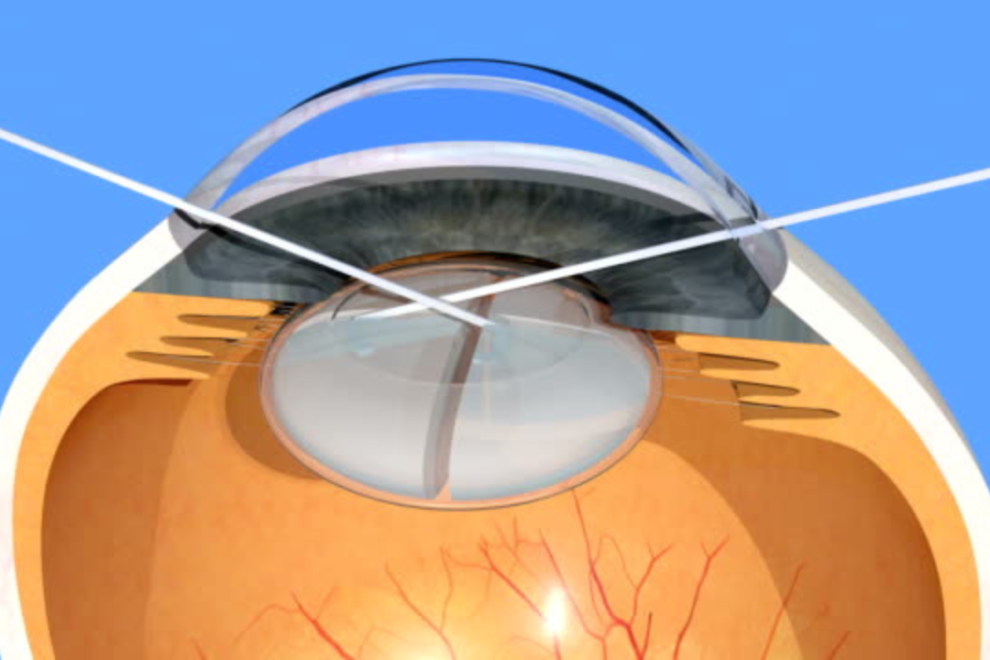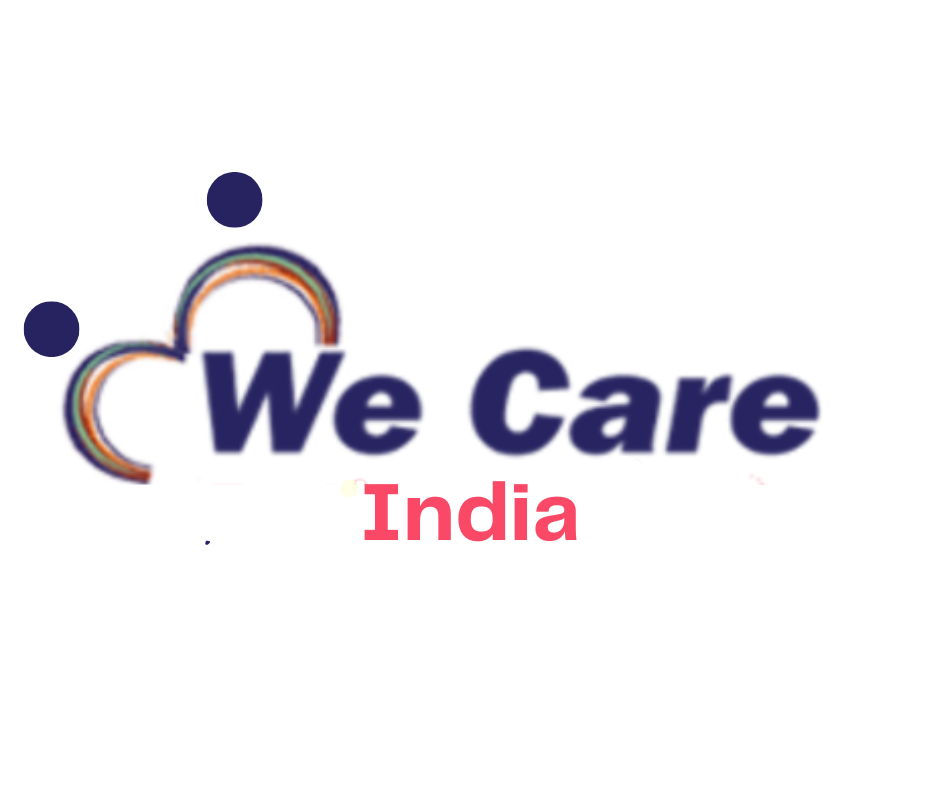Cataract Implant Surgery in India: Restore Clear Vision Safely
A cataract occurs when the natural lens of the eye becomes cloudy, leading to blurred vision and difficulty seeing clearly. In India, cataract surgery is performed by experienced ophthalmologists using advanced techniques such as phacoemulsification, which involves using ultrasound waves to break up the cloudy lens before removing it. An artificial intraocular lens is then implanted to replace the natural lens, providing improved vision.
With access to state-of-the-art facilities and cutting-edge technology, India offers high-quality cataract surgery at significantly lower costs compared to many Western countries.


Free Doctor opinion

Personalized care with a warm interaction with the patient
- Achieving outstanding success rates through our dedicated care approach.
- Equipped with the latest technology to ensure optimal treatment outcomes.
- Our expert team provides exceptional healthcare with experience.
- Offering 24/7 assistance for your health needs and concerns.
- Providing quality treatment at reasonable costs for every patient.
- Contact us Email ID:[email protected]
- Call us: +91 9029304141
What is a cataract?
A cataract is the clouding of the normally clear lens of the eye. it can be compared to a window that is frosted or “fogged” with steam.
Common symptoms of a cataract include in India:
- A painless blurring of vision
- Glare or light sensitivity
- Frequent eyeglass prescription changes
- Needing brighter light to read
- Poor night vision
- Fading or yellowing of colors
What causes cataracts?
The most common type of cataract is related to aging of the eye. Other causes include family history, medical problems such as diabetes, injury to the eye, medications such as steroids, long-term unprotected exposure to sunlight.
Cataracts cannot be prevented, and there is no proven treatment other than surgery; however, cataracts may be delayed or slowed by these precautions:
- Avoid too much exposure to ultraviolet light (sunlight). Wear a hat and use sunglasses
- Keep your blood sugar under control if you have diabetes
- Eat a healthy diet
- Avoid smoking and excessive use of alcohol
When should surgery be done?
Cataract surgery should be considered when cataracts cause enough loss of vision to interfere with daily activities. Can you perform daily tasks, such as cooking, shopping, yard work or taking medications without difficulty? Based upon your symptoms, you and decide together when surgery is appropriate.
What can I expect from cataract surgery?
During cataract surgery, which is usually performed under local anesthesia as an outpatient procedure, the cloudy lens is removed from the eye. In most cases, the focusing power of the natural lens is restored by replacing it with a permanent intraocular lens implant.
In approximately one-fifth of people having cataract surgery, the natural capsule that supports the intraocular lens will become cloudy. Laser surgery is used to open this cloudy capsule, restoring the clear vision. After cataract surgery, you may return almost immediately to all but the most strenuous activities. You will have to use eye drops. Several postoperative visits are needed to check on the progress of the eye as it heals. Cataract surgery is a highly successful procedure, but it is important to understand that complications can occur during or after surgery, some severe enough to limit vision. As with any surgery, a good result cannot be guaranteed.
Read Also :-
- Cancer Treatment in India: Advanced Care and Affordable Solutions
- Advanced Cancer Surgery in India | Leading Oncologists & World-Class Care
- Sigmoidoscopy Surgery in India: Early Detection and Affordable Care for Colon Health
- Breast Implants in India: Safe and Affordable Enhancement Options
- Carotid Endarterectomy in India: Advanced Stroke Prevention Surgery
- Carotid Artery Disease Surgery in India: Prevent Strokes with Advanced Care
Committed To Build Positive, Safe, Patient Focused Care.
High Quality
Care
Home Review
Medicine
All Advanced
Equipment
Book An Appointment

At We Care India, we offer complete medical services for your entire family, from routine check-ups to injury care, ensuring personalized attention and expert assistance for all your health needs.


